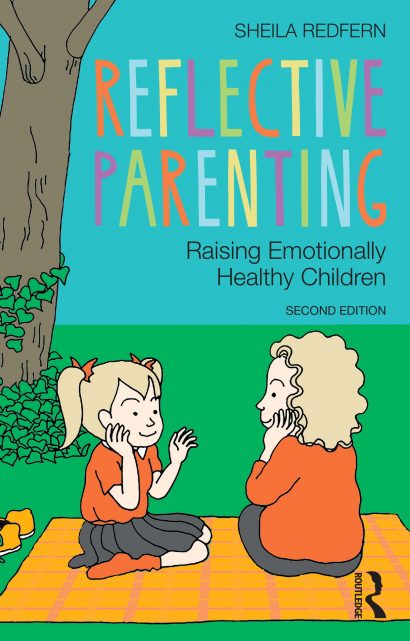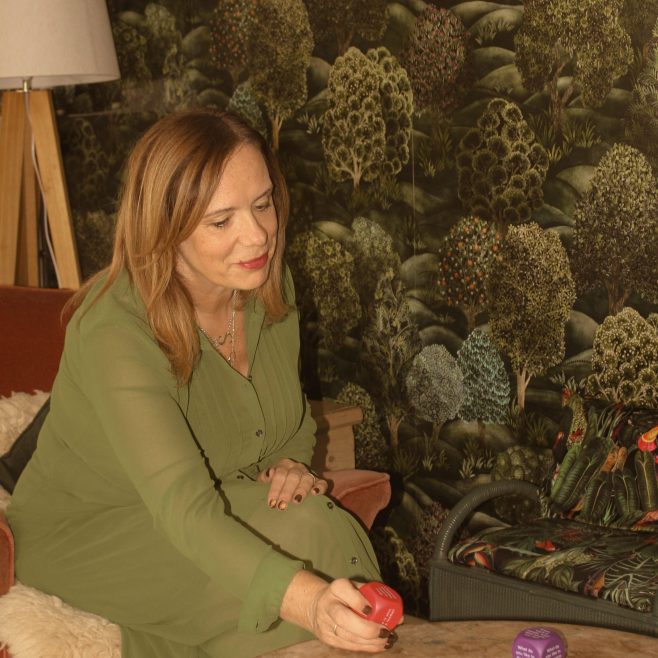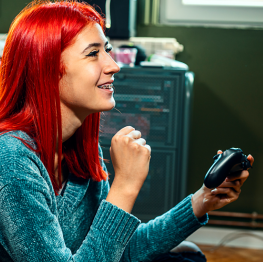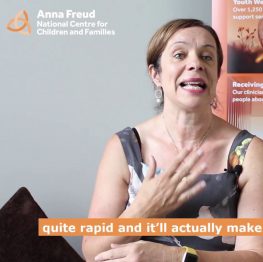Reflective Parenting Training
Course Tutor: Dr. Sheila Redfern
Course Fee: £95 (including training and course materials)
Course Length: 6 hours practical training on Zoom.
Course Dates: 4th March 2026 course for parents of 0-12 year olds - Times 9.30 - 3.30pm
or 11th March 2026 - course for parents of neurodivergent children and young people - Times 9.30 - 3.30pm
or 18th March 2026 (for parents of teenagers and young adults) - Times - 9.30am – 3.30pm.
Course Requirements: This course is open to all parents or carers who want to understand their child or teen better and learn how to support their emotional and behavioural development. It will help parents to understand how to teach their children to regulate their emotions and behaviour and support a greater connection in the parent/child/teenage relationship.
The course on 4th March for parents of 0-12 year olds will focus on managing behavioural and emotional problems, helping children regulate their emotions, and how to approach the tween years.
The course for parents of neurodivergent children and young people will be specifically focused on the unique experiences of parenting a child or young person who struggles to regulate their emotions and has specific emotional, sensory and behavioural needs.
The course on 18th March for parents of teenagers and young adults will help guide parents in how to maintain a close relationship with their young adult who is experiencing a range of emotional and/or relationship difficulties that emerge during adolescence.
Course Follow Up: At the end of the training, participants will be offered the opportunity of individual follow up sessions with Dr Redfern either in-person or online to support their Reflective Parenting.
Training for Parents
Do you find yourself wondering what’s going on in your child’s mind? My books Reflective Parenting and How Do You Hug a Cactus? offer a practical guide to parents to understand what Reflective Parenting really means in practice. They can guide parents through the tools and general stance they can take towards their child or teenager in order to promote their mental health, and supports them in raising emotionally healthy children and young people. This series of one-day courses take parents through all the main ingredients needed to become a more reflective parent. Each day is specifically tailored to the needs of parents who have children at different developmental stages and ages.
Each one day training course for parents and carers introduces them to the range of tools they can use with their children and teenagers which will bring about a closer understanding and connection between them. I show parents that the key to promoting a closer, long-lasting connection, is learning how to ‘mentalize’. This means learning to reflect on parents’ own thoughts and feelings, leading to greater emotion regulation. Then turning their attention to being curious about what’s going on in their child’s mind, and what their thoughts and feelings might be about. When we feel ‘mentalized’ by someone else, we feel truly understood and connected to them.
This series of one day courses will draw on the theories of mentalization, attachment theory, and child development (including neurodevelopment), and help parents to apply very practical tools, grounded in research, to their everyday parenting interactions with their children, leading to more emotionally healthy children and teens.
Reflective Parenting
Raising Emotionally Healthy Children
A revised edition of my best selling book Reflective Parenting, coming January 2026
New chapters include the impact of social media on children, life after Covid and navigating the tween years.

What I Do
I am highly experienced in the assessment and treatment of attachment disorders and in promoting reflective parenting. National Institute of Clinical Excellence (NICE) evidenced treatments are used including Cognitive Behavioural Therapy (CBT), Mentalization Based Treatment (MBT) and
Video Interaction Guidance (VIG).
I provide both specialist psychological assessment and evidence-based treatments for a wide range of difficulties in children and adolescents aged 0-18, and their parents and/or carers including:
Depression / Low mood
Family/relationship difficulties
Social anxiety
Panic attacks & panic disorder
Agoraphobia
Specific Phobias
Health Anxiety
Obsessive Compulsive Disorder
Post-Traumatic Stress
Peer relationship difficulties
Parent-infant attachment difficulties
Generalised anxiety
Examination / college or school stress
Low self-esteem
Parenting difficulties
Emerging personality disorder
Assessment of Autistic Spectrum Disorder (ASD)
Cognitive assessments
Support to foster carers and adoptive parents
Unsure whether I can help you? Simply drop me an email or call and leave a message. I may get back to you quicker by email due to the high volume of calls I receive.

More Resources for Parents & Children

BBC Radio 4 Woman's Hour: The Impact of Domestic Violence on Children
Segment at 0.28 minutes
8th August 2024

BBC Bitesize: How to talk to your parents or carers about your GCSE results
How to tell your parents or carers your GCSE grades

BBC Bitesize: How to help your child understand upsetting news
Seven tips on how to discuss and understand upsetting news

BBC Bitesize: How to talk to your teenager about the invasion of Ukraine
How do you explain the invasion of Ukraine to your children?

BBC Bitesize: Do you need to take a break from computer games?
Three signs you may need to take a break from gaming

BBC Bitesize: Understanding feelings of anxiety and low mood
Helping you manage feelings of depression and anxiety

Channel 5 News: How to speak to children about cost of living crisis
Advice on how to talk to children about the cost of living crisis

Managing stress during
important moments
How to manage stress when waiting for exam results or job, college and university applications

